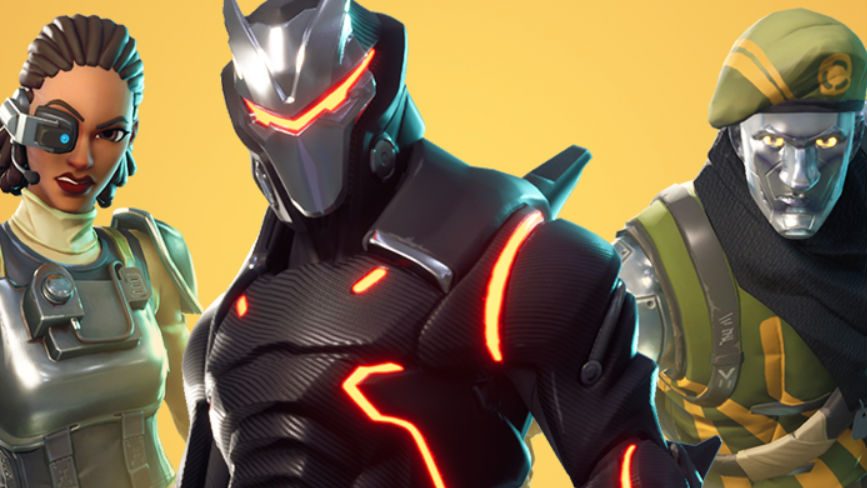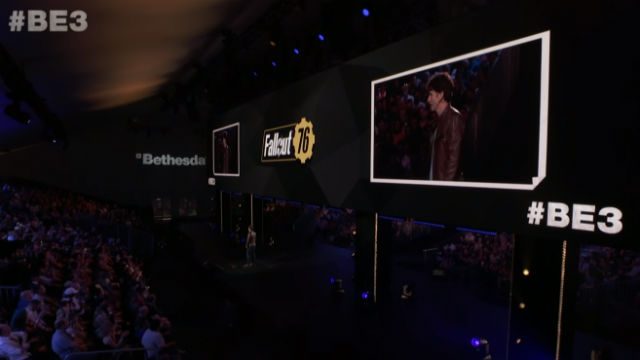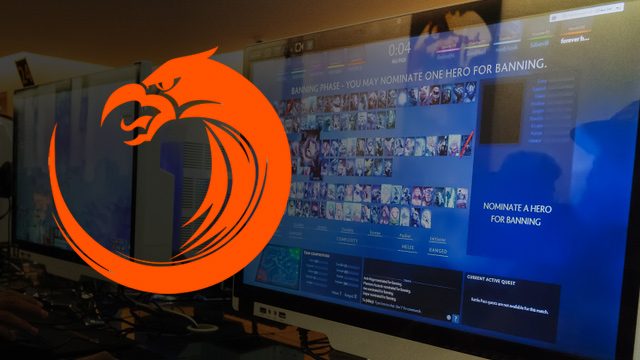SUMMARY
This is AI generated summarization, which may have errors. For context, always refer to the full article.

There’s a lot to unpack when you think about gaming in 2018. No longer do we think about just the console wars, and the advancement of PC gaming and hardware, and successful triple A and independent titles. We think about all of that and include the future of mobile gaming, esports, conventions, streaming, entertainment, and more.
There’s a feeling of satisfaction seeing how gaming has grown in numbers and has made its way to the mainstream. Us nerds are cool now. And a good chunk of outsiders understand the passion and the hype and for the most part, appreciate it. There’s meaning and/or money to be had in immersing yourself in the world of video games.
But as our favorite uncle Ben says: “With great power, comes great responsibility.” And as we grow, our actions, good and bad, are given a bigger spotlight. And this year we’ve made headlines and heads turn. So instead of talking about the games we’ve played, I will instead focus on the industry and the community. This is a review of gaming in 2018.
We’re cooler now
It’s hard to think exactly what was the turning point that thrust our industry and community in the spotlight. It has definitely been a series of events and advancements for years that have brought us to this point. But we’ve reached a whole new level this year thanks to the growth of esports and our entertainers.
Professional Fortnite player and current king of Twitch, Ninja, was on the cover of ESPN magazine. He’s the first gaming personality to ever make it there. While ESPN has given gaming and esports attention in the past, this cover is a huge step for organizations of traditional sports recognizing esports.
It’s hard to ignore esports too, as there is a lot of cash to be made in this game. Advertisers are sponsoring individual players, teams, competitions, and conventions. Prize pools are growing and it’s almost as if companies are competing to see who has the biggest prizes. Currently, Dota 2 holds that spot with its $25 million prize pool for The International 2018. Though Fortnite plans to change that with a $100 million prize pool coming soon.
And adding to the legitimacy of esports is the inclusion of which to the Asian Games as an exhibition sport. But this has led to the announcement of esports being included in the SEA Games as an actual medal sport in 2019. Even more exciting? The Philippines will be hosting the upcoming SEA Games.
Local growth
Speaking of the Philippines, the gaming industry here has been quite busy.
While we’ve hit a setback in hosting international tournaments because of Valve rescinding our Major status for the government’s current stance on drug testing professional athletes, we still continue to grow the country’s esports landscape with a myriad of local and international competitions. It’s getting harder and harder to keep track of them all. And our local teams and individual players have seen success in many competitions ranging from MOBAs to fighting games.
But our developers have also been making strides. Exciting games from developers based in the Philippines have made waves both locally and internationally. Xandata, from Secret 6, has become one of the most anticipated local games after its recent showing at ESGS 2018. It’s also won a few awards from other conferences outside the country, such as Game Connection America’s Best Desktop/Downloadable and People’s Choice Awards.

There’s also Bayani from Ranida games, a fighting game that features Filipino heroes. It’s been featured in ESGS this year as well and a full animated trailer has been released in November with an early access launching on the first quarter of 2019.
The need for accountability and self-awareness
While we’re taking good strides and the gaming industry continues to flourish, we have to remember the need to hold individuals and companies accountable to continue this upwards trend.
More and more, disappointed gamers are voicing out their frustrations towards huge companies who make their “business-first” priorities too blatant. Take a look at the fates of Blizzard and Bethesda this year. Blizzard, with the new Diablo, was a case of announcing the wrong game at the wrong time and the wrong place – and now has to deal with being memed to kingdom come and face the wrath of their loyal PC gamers. And then there’s Bethesda who flubbed the much awaited Fallout 76 in such a fashion I have never seen before.

It was scandal, after scandal, after scandal. And it doesn’t seem like things are going to improve for the game anytime soon. A law firm is even planning to file a class action lawsuit against the company because the game was too buggy.
There’s also Riot who faces criticism and legal action after their sexist and abusive work culture has been exposed. Many women and men inside and outside the company have enumerated their experiences of these atrocities after Kotaku’s article was published. The company has since promised to do better in terms of changing their work culture but results of these remain to be seen.
But as I said earlier. It’s not just companies. We are also holding individuals accountable. Unfortunately, one of the individuals put on the hot seat this year, was our very own. I’m talking about the mess of TNC’s Carlo “Kuku” Palad. His situation was poorly handled by all involved and has ended up with the player being banned from the Chongqing Major, and a portion of TNC’s points for the tournament being docked. This has sparked a lot of conversations around racism, discrimination, toxicity in gaming, and even China vs. Philippines.

Most online conversations are unfortunately shallow. I cannot begin to count how many times I’ve heard the stolen remark, “They can take our lands but they can’t take a joke?” And sadly the local community in general doesn’t seem to understand that while the punishment feels harsh and heavy handed considering the circumstances of others who have committed the same mistake as Kuku, we have to understand still that racism, whether common in competitive games or not, is unacceptable. Racism anywhere is not acceptable.
With this, the community at large has to be self-aware of how we hold things accountable and how we react or respond to ugly stories. For some instances, fans must even learn how to correct heightened or extreme reactions in order to be taken seriously. For too long, gamers like to take the edgy route and fight fire with fire. We love to toe the line between passion and toxicity, or even use passion as an excuse for our toxicity. Sometimes it’s humorous, and other times it doesn’t help the case at all. And these extreme reactions are visible in every issue we’ve had this 2018.
Moving forward
I think it’s important that as our industry grows and the community grows in numbers, the community must learn to temper itself in order to progress. While healthy criticism is imperative to improving and building the industry, extreme reactions and harassment is not the way to do so. It only adds truth to the “entitled gamers” and “toxic gamers” narrative that we see often when issues arise, and it is a sure fire way to not be taken seriously.
There’s also the problem of gatekeeping in general. The inability to accept change or to accept different features, advancements, or even personalities that do not necessarily relate to you stifles the industry and the community.
One such change that we are experiencing now and will continue to experience in the future is the growth and eventual dominance of mobile gaming. Already we are seeing resistance. Gamers who like to see themselves as gatekeepers are dismissing gaming on phones, saying that players who prefer phones for their main platforms are “not real gamers.”
That’s one line I’ve heard as a female gamer many times already and is another form of gatekeeping, but I digress. Blizzard’s Diablo: Immortal reveal has shown a strong resistance when it comes to their favorite companies making mobile games. There’s also the numerous times I’ve seen memes against mobile gaming on Reddit and on Facebook.
Now more than ever though, it’s especially crucial that we learn to mature, be open, and correct extreme reactions. We see gaming in 2019 as a transition period that will bring more outsiders within the gaming community. And with the local and international gaming industry and competitive scenes growing, our community must follow suit to bolster growth even further.
The world of gaming is getting bigger, but it’ll be up to us to make it better. – Rappler.com
Nadine Pacis is the main writer for gameprogression.com, a site that covers perspectives and experiences in video games and the industries surrounding it.
Add a comment
How does this make you feel?
There are no comments yet. Add your comment to start the conversation.